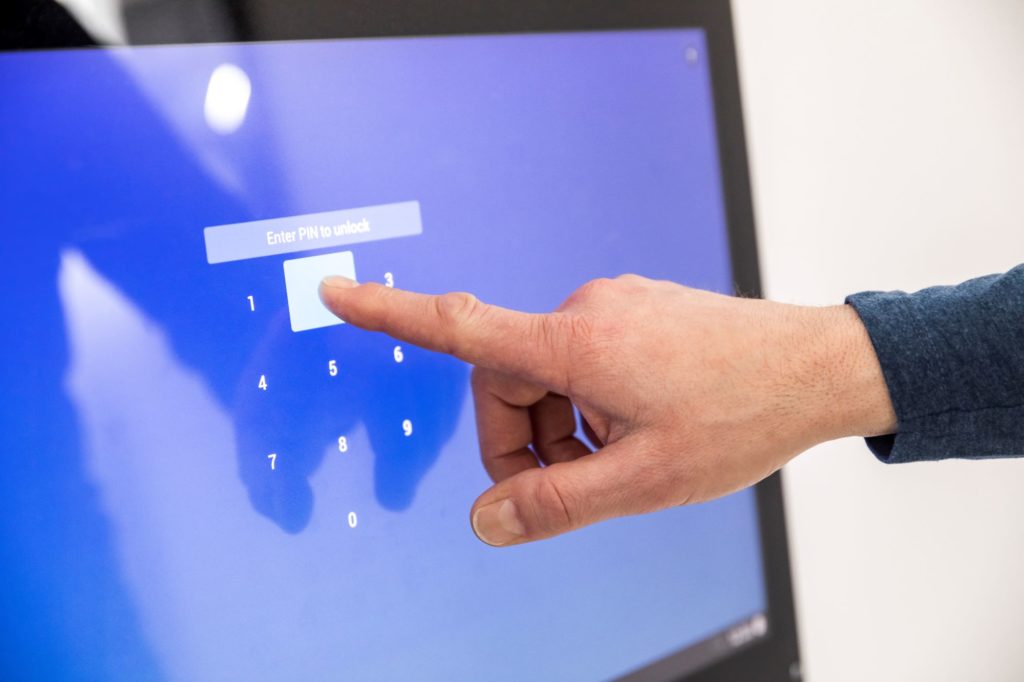In an era where digital security threats and breaches loom large, protecting your online accounts—and the information in those accounts—has never been more critical. Enter Two-Factor Authentication (2FA), a security process that adds an extra layer of protection to the traditional username-and-password method of logins. You have likely been prompted to set up 2FA for an account at some point, or already use it for things like online banking.
But 2FA doesn’t stand alone in the landscape of digital security; it’s part of a broader category known as Multi-Factor Authentication (MFA). Let’s explore these concepts to further understand how they safeguard our digital lives.

What is Two-Factor Authentication (2FA)?
Two-Factor Authentication (2FA) requires users to provide two different types of information before they can access their online accounts. This method combines something you know (like your username and password) with something you have (such as a mobile phone on which you can receive a verification text or authentication code) or something you are (a biometric verification like a fingerprint or facial recognition). By requiring a second form of identification, 2FA makes it significantly harder for attackers to gain unauthorized access to your accounts, even if they have your password.
Multi-Factor Authentication (MFA)
2FA is a type of MFA. Multi-Factor Authentication encompasses a broader range of security measures. MFA may include two or more credentials to verify a user’s identity. Again, these credentials are typically categorized into:
- Something you know: a password or PIN, or a security question
- Something you have: a smartphone to receive verification texts, a smartphone app to provide authentication codes, or a physical token, such as a USB drive.
- Something you are: biometric verification methods, such as a fingerprint or facial scan. These types of verification are already widely used on cell phones, tablets, and laptop computers.
MFA provides an even higher level of security than 2FA by combining multiple verification methods, making unauthorized access exponentially more difficult.
Why Should You Use 2FA for Your Accounts?
The unfortunate reality of today is that data breaches, stolen passwords, and phishing attempts are extremely common and a significant threat to online security. Cybercriminals are constantly trying new techniques to access personal information, financial data, and more. When passwords—which act as the first line of defense—are compromised through something like phishing or a data breach, unauthorized individuals can easily gain access to other accounts. This can lead to identity theft, financial lost, ransomware, and a host of other problems.
Two-factor authentication significantly reduces these risks by adding an additional layer of security. Even if a password falls into the wrong hands, the chances of a bad actor also having access to the second authentication factor are low. This makes 2FA one of the simplest yet most effective tools in safeguarding your personal cybersecurity.